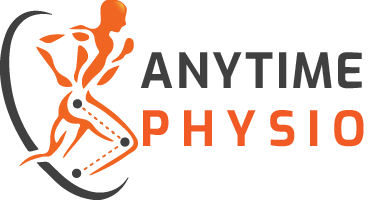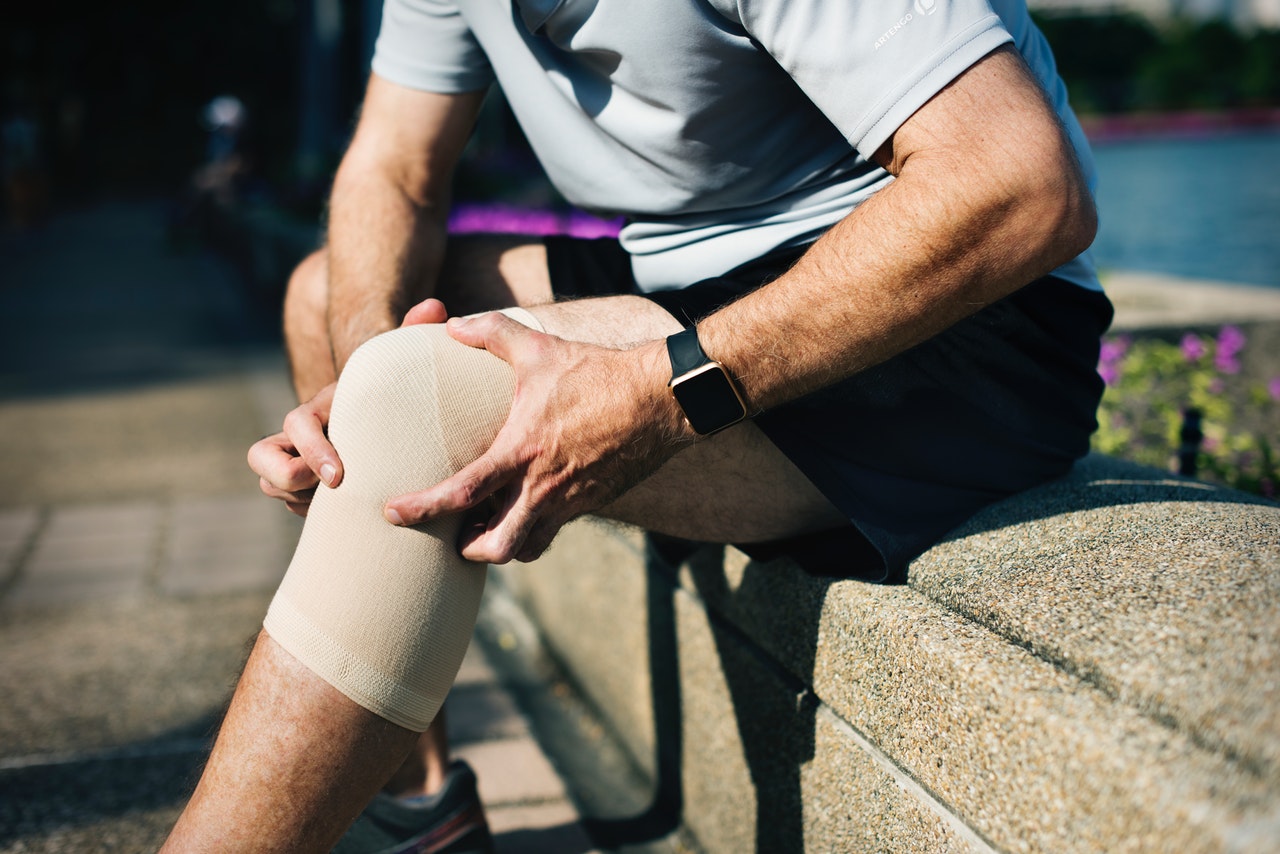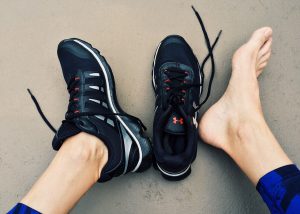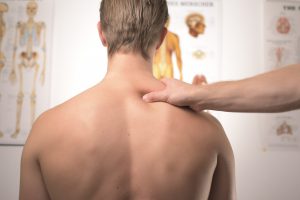What is patellofemoral pain syndrome?
Risk factors of patellofemoral pain
Many other risk factors can also contribute to PFPS, including:
- Altered biomechanics (e.g. foot rolling inward)
- Previous injury or surgery
- Quadriceps weakness
- Reduced kneecap mobility
- Poor lower limb flexibility
- Change in footwear
Therefore, a thorough examination by a physiotherapist is recommended to explore the underlying cause of your knee pain and to also rule out other conditions such as patellar tendinopathy or fat pat syndrome.
How can physiotherapy help?
Studies have shown that physiotherapy can help with PFPS and that good outcomes are maintained after long-term follow-up. Effective treatment of PFPS involves a thorough physical assessment to target the underlying cause. Initial treatments may involve resting from aggravating activities, soft tissue massage, manual therapy to improve joint mobility, taping or strength and flexibility exercises. Orthotic devices may also be beneficial for some people to address biomechanics of the lower limb. However, there is no one-size-fits-all treatment as an individually tailored program is essential to address the underlying cause of your knee pain. See one of our physiotherapists for a thorough assessment and specific exercises to help you get back to previous level of function as quickly as possible.




